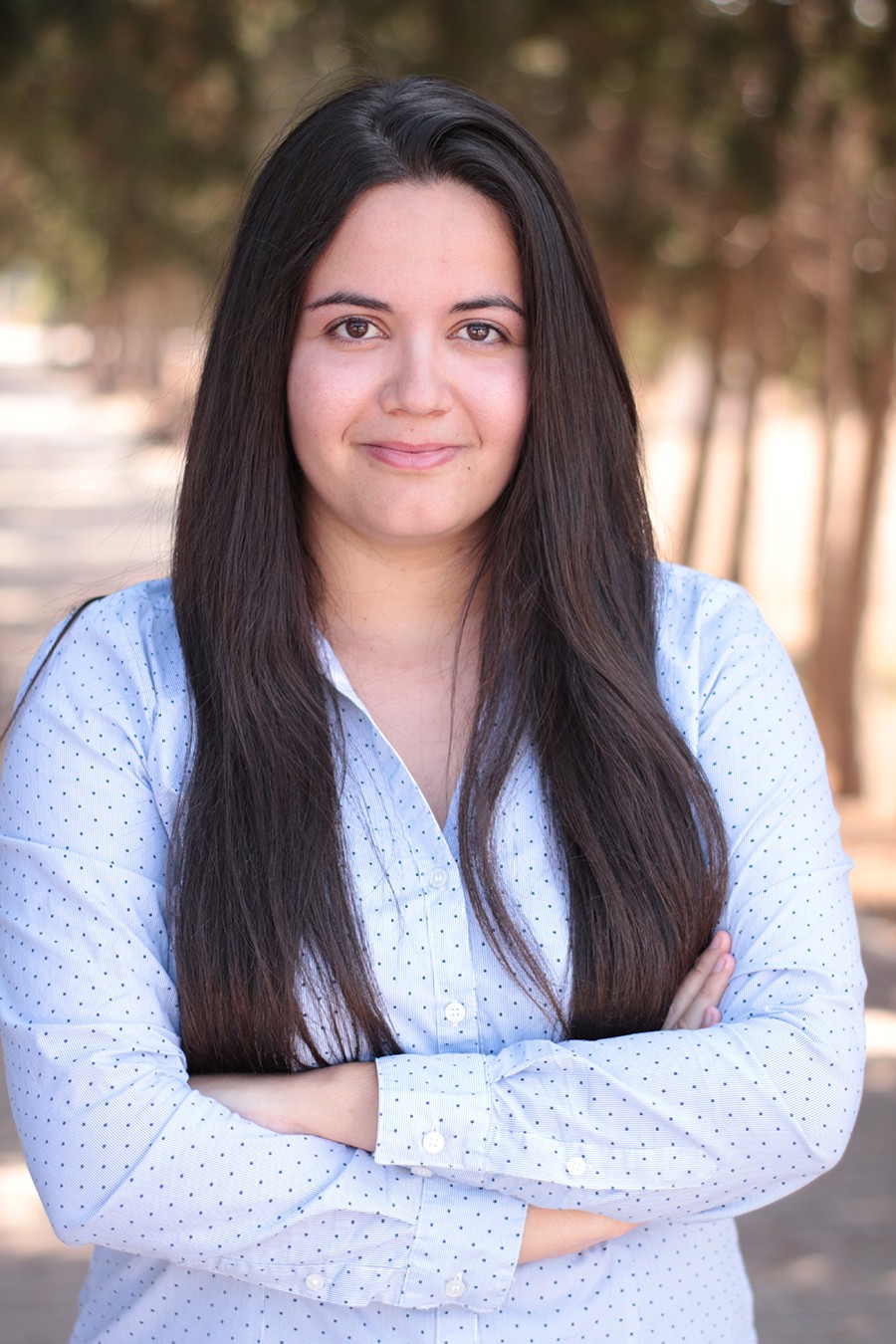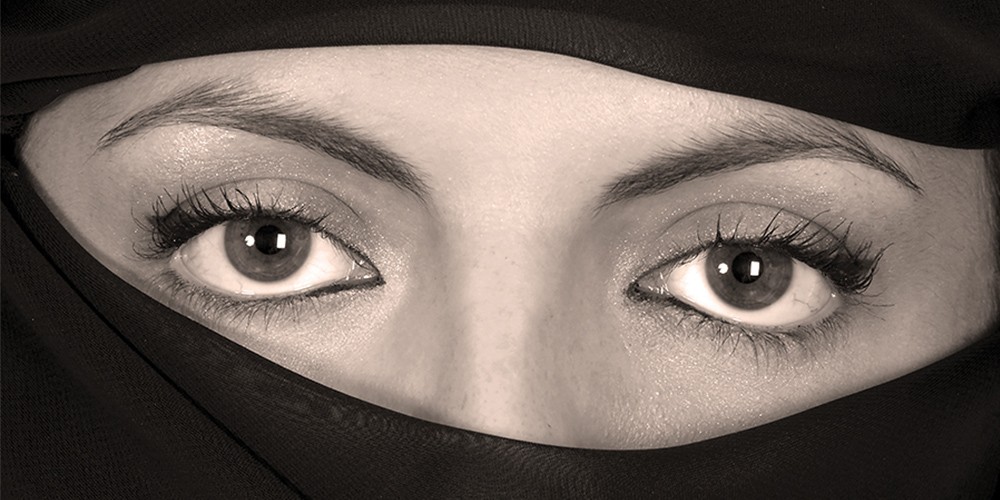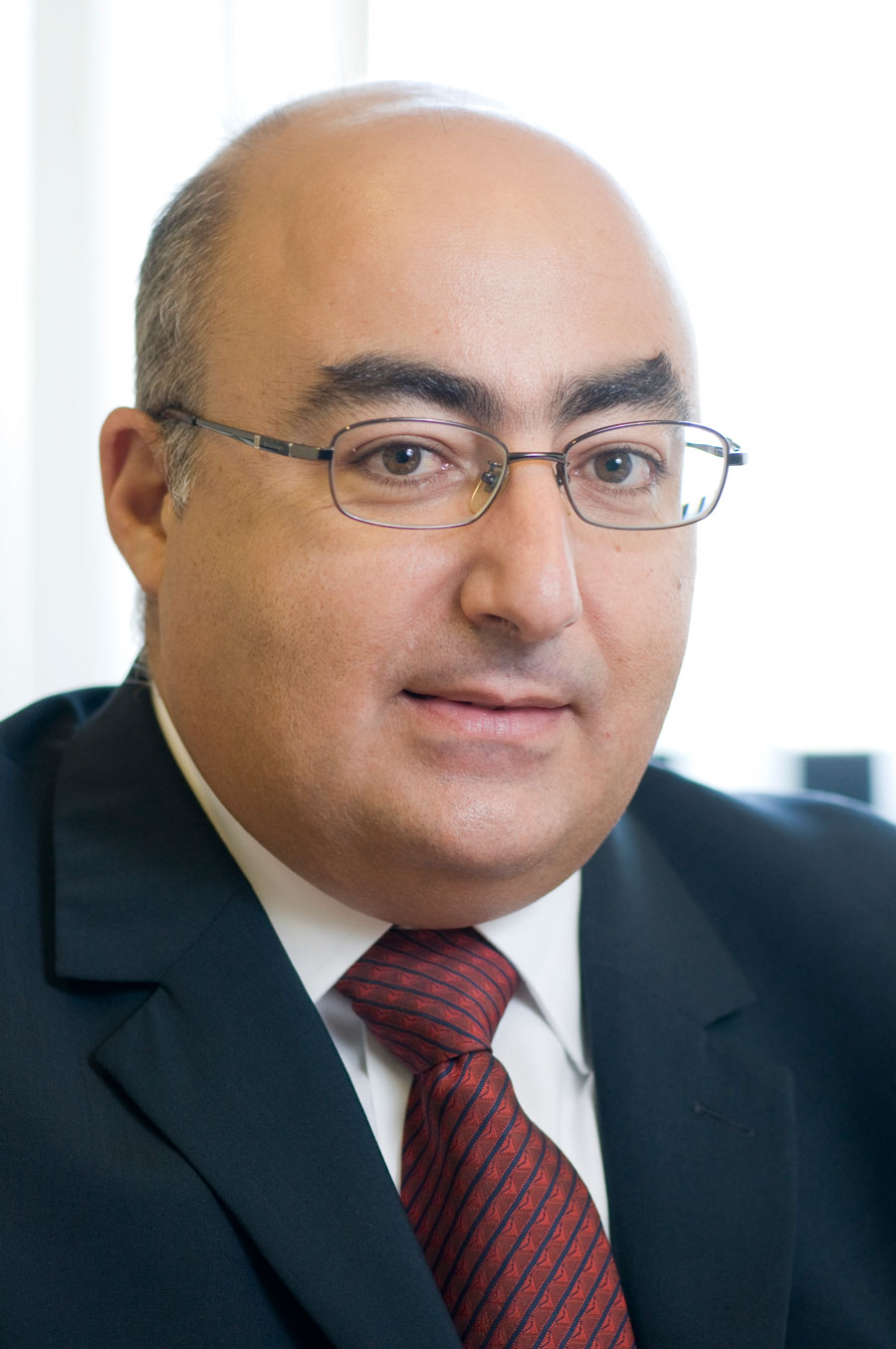Can the EU empower women in Afghanistan
The European Union’s success relies on positive relationships—cooperation and good will is key. The EU’s Development and Cooperation Policy exists to support these connections. Its focus is on external relations, establishing partnerships with developing countries and channelling billions of euros to them every year. The European Commission plays a crucial role in this regard, managing and implementing directives on behalf of the EU. But what do we really know about the effectiveness of EU aid in helping citizens in developing countries? And how far is female empowerment part of this agenda?
In short—we don’t know much!
Research in this area is scarce, and this is what prompted me to tackle this question myself, under the supervision of Dr Stefano Moncada. My specific focus was on assessing whether the EU is committed to gender equality and female empowerment, taking Afghanistan as a case study. I reviewed all the available aid programming documents from the last financial period, and assessed whether the EU was effectively supporting Afghanistan to achieve the fifth Sustainable Development Goal (SDG) of gender equality. I adopted a mixed-method approach, using content analysis and descriptive statistics. Basically, this meant coming up with a very long list of keywords related to gender, and checking how many times these words appeared in the policy documents. Whoever invented the ‘ctrl + F’ function saved my academic life!

The results of my research were pretty surprising. I found that the EU is now focusing much more on gender empowerment on the ground in Afghanistan than it did a few years ago.
According to my data, and when comparing this to previous studies, it appears that the EU’s commitment to supporting this goal is growing over time. However, I also found that there is substantial room for improvement, as the attention given to such issues is rather conservative, and not equally balanced across all the SDG targets. For example, the need to increase women’s employment is mentioned many more times than the need to support female education or political participation. This is surprising as education is key to many other improvements in wellbeing. Nevertheless, I believe the overall results are encouraging and important, not only to highlight improvements in the effectiveness of the EU’s development and cooperation policy, but also in reply to a growing sentiment that puts into question the EU’s capacity to manage, and lead, in key policy areas. We can only hope that this continues exponentially.
This research was carried out as part of a Bachelor of European Studies (Honours) at the Institute for European Studies, University of Malta. The dissertation received the ‘2018 Best Dissertation Award’.
Author: Rebecca Zammit
Octopus around Malta: Safe to eat?
Heavy metals can be toxic to humans. They need to be monitored to ensure environmental levels do not go above dangerous levels. The European Commission has set acceptable maximum levels of metals allowed in food since most metals end up in humans through their diet.
But how do metals find their way into our food in the first place? Heavy metals can enter the environment in a number of ways, including through volcanism, fossil fuel burning, and antifouling paint use. The heavy metals bind with biomolecules inside living tissue, and can build up to dangerous levels. One prime example of how such metals end up in the food we eat can be seen in the case of the common octopus (Octopus vulgaris). The octopus is susceptible to accumulating high levels of heavy metals due to its high ingestion rate of benthic fauna.
Joshua Gili (supervised by Prof. Victor Axiak) recorded the concentrations of cadmium, copper, lead, and zinc in the common octopus. Specimens were collected from around Malta during summer and winter. The analysis was performed on two of the species’ tissues—the tentacles and the digestive glands— which function in a similar way to the human liver. Each tissue was gathered into one pool by site, then homogenised, dried, and acid-treated. Afterwards a technique called polarography was used to determine the levels of each metal. This data helped Gili decide whether metal accumulation in the tissue of octopi is affected by biometry, season, or geography.
In Malta, metal levels depended on where the octopus was caught. In general, the concentrations were lower than other Mediterranean regions. The levels of cadmium and lead in the tentacles were below toxic levels as stated by the European Commission, indicating that local octopus is safe to eat.
This research was performed as part of Joshua Gili’s Bachelor of Science (Honours) in Biology and Chemistry, which he is reading at the Faculty of Science, University of Malta.




